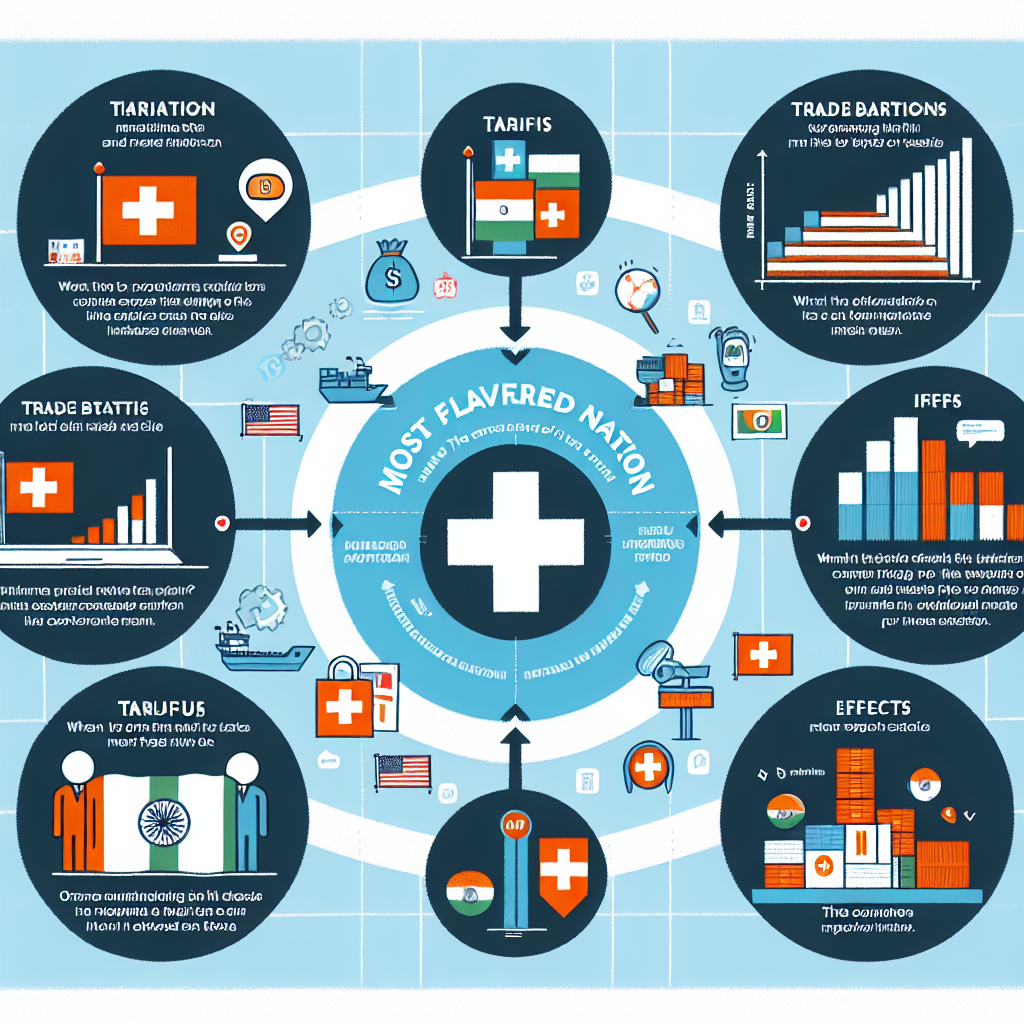Switzerland has revoked the Most Favoured Nation (MFN) status granted to India following an adverse ruling by the Indian Supreme Court against Nestle, a company based in Vevey. This decision will have significant tax implications for Indian businesses operating in the European country.
The MFN clause in the protocol to the agreement between Switzerland and India to prevent double taxation on income taxes will no longer be applied, according to a statement released by Switzerland. This move was supported by a 2023 decision made by the Indian Supreme Court in a case involving Nestle.
The impact of this decision will be felt by Indian companies operating in Switzerland, particularly in the industrial, technological, and finance sectors. These businesses will now be subject to increased taxes on their earnings, especially on dividends, starting in January 2025. The removal of the MFN clause directly led to a 10% dividend withholding tax.
In response to this development, India has stated that its double taxation treaty with Switzerland may need to be renegotiated in light of its trade pact with the member states of the European Free Trade Association (EFTA). The Ministry of External Affairs (MEA) spokesperson, Randhir Jaiswal, said that the treaty will be renegotiated as a result of India’s trade agreement with EFTA.
The India-Switzerland Double Taxation Avoidance Agreement, signed in 1994 and revised in 2000 and 2010, aimed to reduce the risks of double taxation and promote easier cross-border investment and trade. The MFN clause was a crucial provision in this agreement, ensuring that investors from partner countries are treated equally to those from any other third country. This means that Indian companies were expected to receive additional benefits or lower tax rates if Switzerland provided them to another nation.
In conclusion, Switzerland’s decision to revoke the MFN status granted to India will have significant tax implications for Indian businesses operating in the country. This move may also lead to the renegotiation of the India-Switzerland Double Taxation Avoidance Agreement, which could potentially impact trade and investment between the two nations.

